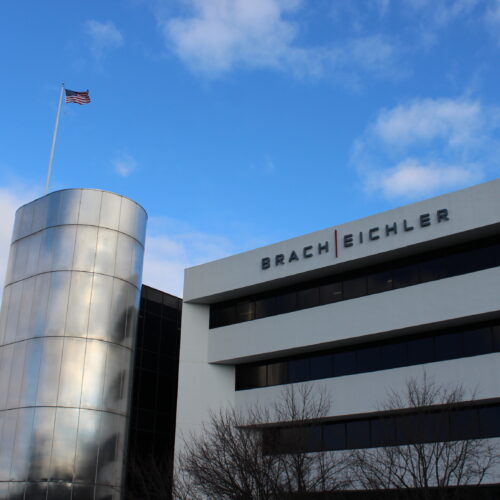Beware Unexpected Outcomes When Imposing Employee Discipline
What? Your employee (who also happens to be a union shop steward) yells and jabs his finger in the face of your manager over a workplace dispute. Your manager responds by asking the employee to return to work to handle time-sensitive matters. The employee then turns to vulgarities, yelling back toward your manager and stating the problem was the company’s “@#$&ing fault.” After your manager asks the employee not to swear, the employee responds: “@#$& you.” More yelling ensues, culminating in the employee, in an aggressive but not threatening manner, pointing his finger in your manager’s face and yelling that he could “say whatever the @#$% I want to say.” Some of your customers witness the last encounter.
You, of course, handle the matter with the utmost seriousness and discharge the vulgar employee. You explain in the discharge letter that his continuing boisterousness delayed operations and that his “unrestrained use of profanity” and “uncontrolled behavior” constituted dischargeable “gross insubordination.”
Case closed . . . but not really when, according to a recent National Labor Relations Board (NLRB) decision, you are dealing with unionized employees, especially union representatives, who may, on occasion, present workplace complaints in an animated, heated fashion. There are a surprising number of cases where the NLRB has found discipline, imposed in response to unionized employees presenting workplace complaints in such a manner, to be illegal. This even occurred in one case when the employee resorted to using racial epithets.
The NLRB determines whether discipline may be illegally motivated – meaning the discipline was imposed not because of the conduct by the speaker but in retaliation for the speaker exercising rights under the federal labor law – by examining four factors: (1) the location of the discussion; (2) the subject matter of the discussion; (3) the nature of the employee’s outburst; and (4) whether the outburst was, in any way, provoked by the employer’s unfair labor practices.
In a recent case, Greyhound Lines, Inc., 367 NLRB No. 123 (May 6, 2019), the NLRB concluded that while the employee “was profane and aggressive” (1) the manager provoked the fight, (2) such heated discussions had been “tolerated” by the company in the past, (3) the fight started and occurred primarily where no other employees or customers were present, (4) the company had not demonstrated that the employee’s outburst had “any meaningful impact on” its operations, and (5) because the subject matter of dispute was a workplace complaint, it “strongly favors . . . protection” under the federal labor law.
Case not closed, and you now owe the employee full back pay and must reinstate his employment.
The takeaway is that there are times when the outcome under federal labor law is unexpected and not intuitive. When disciplining employees, especially union representatives, seek professional advice.
If you have any questions, please contact:
Jay Sabin, Esq.
jsabin@bracheichler.com
917.596.8987












